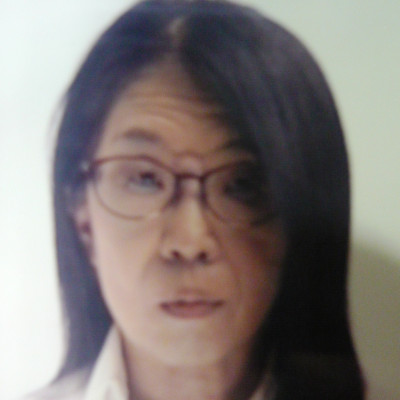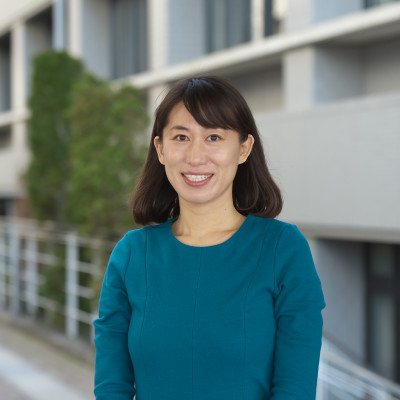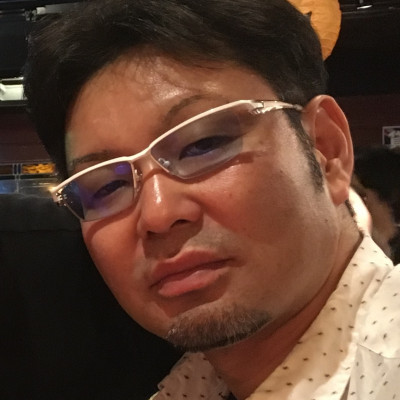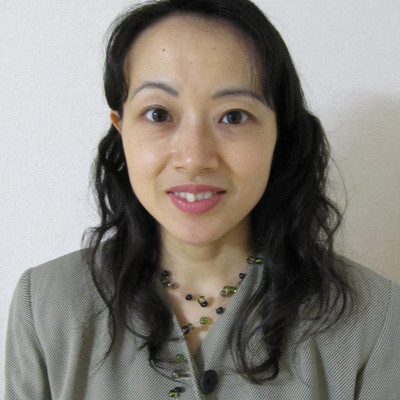Sessions / Pragmatics
Teaching varied discourse moves: theory and method #2840
In classrooms, the majority of interactions are based around typical question and answer structures. While these structures provide students with the opportunity to communicate, they can also lead to short, direct answers and discourse turns that do not encourage students to develop their speech as much as they possibly could, or as naturally. Research has indicated that introducing a range of discourse moves into classroom interactions can encourage students to produce more, both quantitatively and qualitatively (Bury, 2018). However, despite these findings and teacher feedback indicating that further training or guidance on how to effectively incorporate different discourse moves into their classroom language would benefit the fluidity and authenticity of their in-class interactions, previous research has not discussed practical suggestions on how to do this. This presentation aims to address that gap. Firstly, the effect that teachers using ten different discourse moves, including reflective statements, statements of interest, speaker referrals, and referential questions, can have on student output in Japanese universities is analyzed, and then different strategies that can be used in classrooms to make students more aware of the choice of discourse moves available to them and to practice those moves are introduced.
Pragmatic Markers Used in Textbook Dialogues #2703
Pragmatic markers play an important role in terms of speech coherence and maintaining interlocutor relationship and frequently occur in dialogues in ELT materials (Archer et al, 2012). However, most of them are not explicitly introduced or practised. Therefore, learners often end up not knowing how to use them in authentic interactions in their target language. This study looks at pragmatic markers appearing in the dialogues presented in beginner-level international ELT textbooks and Japanese high school ELT textbooks. The data analysed are types of pragmatic markers occurring in each dialogue and the functions of those based on Brinton's (1996) classification system, including textual functions and interpersonal functions. The analysis reveals 1) the range of pragmatic markers and functions in each type of above mentioned selected ELT textbooks; 2) how un/evenly they are distributed across these textbooks and 3) whether or not the relevant linguistic information for the use of pragmatic markers is provided. At the same time, characteristics of presenting pragmatic markers in ELT pedagogical materials and common weakness are discussed. In the end, some practical suggestions are made as to how teachers might supplement these materials and compensate for their insufficiency.
Examining Learners’ Pragmatic Competence in L2 Japanese #2723
This study explores Japanese as a Foreign Language (JFL) learners’ pragmatic competence in speaking tasks. Speaking tasks are popular assessment tools to evaluate L2 speakers’ language proficiency (e.g., TOEFL, ACTFL OPT). Due to the lack of opportunities to speak the target language outside of classes, it is still challenging even for advanced JFL learners to understand what would be appropriate depending on the situations and interlocutors. Previous studies have looked at ESL learners’ pragmatic competence and created some type of assessment criteria. Yet, it is still uncertain these assessment criteria can be applied to other target languages (e.g., Japanese). Validation of rubrics across pragmatic targets, situations and other L2 is necessary. This presentation demonstrates the assessment rubric to reflect L2 speakers’ competence to achieve a task goal, and important features of L2 pragmatic competence in interaction. The participants are 15 JFL learners. The participants participated in a role play with different situations (e.g, making a request, refusal, complaint). The participants’ performances are video recorded and rated by Japanese native speakers based on the rating criteria adapted from Youn (2015) and Revesz (2016). This ongoing project will show the preliminary findings and possible improvements of the analysis.
Why Do You Talk Like That? #2818
A common feedback teachers receive from students is how they struggle to use English in the real world, even after a long period of learning. In short, the English we teachers teach them in class is often not the English we ourselves use - we often don't use full sentences, our daily grammar is basic and we tend to keep our words short and to the point. Once a student gets into the habit of thinking and talking like a textbook or a listening exam CD, the fossilisation is hard to break. This presentation will highlight several areas of ordinary classroom-style English and how they are problematic or even damaging when compared to their real-life English equivalent. The presenter will then propose some simple cognitive processes teachers could use to stop themselves sounding so unnatural and ways to adapt textbook materials, before discussing the paradox of "more means better". Attendees will have a chance to look at lesson plans and textbook extracts so they can think about and discuss how they might be adapted. The speaker hopes to share something of use to all teachers, especially those who teacher young or lower-level learners.
Pragmatics: What we’ve done—What we will do #2862
In this Forum, three Pragmatics SIG members will take turns sharing how and why they became interested in the field and what specific areas they have worked on. They will then use their creative imagination to brainstorm where they hope the field of pragmatics—and in particular, our SIG--will go in the future. The panelists include Jim Ronald, who will speak about his constant efforts to develop and promote pragmatic activities for the second language classroom. Next, Yosuke Ogawa will talk about using an interdisciplinary approach and the synthesis of approaches, i.e., an examination of conversation analysis, discourse analysis and sociolinguistic research. Then, Benio Suzuki will share his practical work on requests and refusals, and his research on interactional competence. Noriko Ishihara, another expert and a well-known professor of pragmatics, will guide the overall discussion. The main goal is to share with the audience the wide range of topics where pragmatics is relevant and engage everyone in a discussion about future pragmatic directions.








